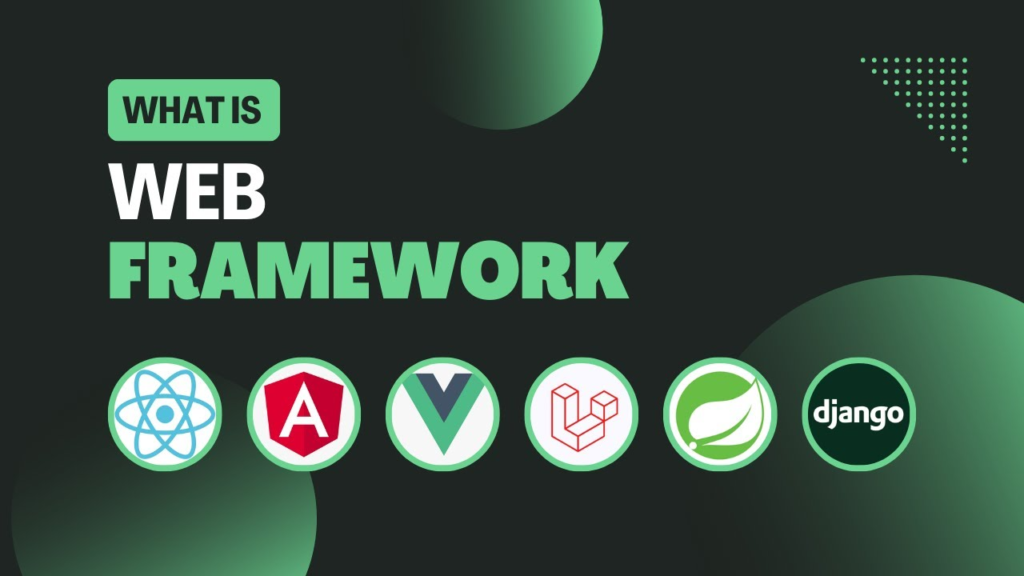Introduction to Programming Frameworks
Programming frameworks are essential tools in the development of software applications. They provide a structured way to build and deploy applications efficiently. By using a framework, developers can save time and reduce the amount of code they need to write, as many common functionalities are already handled by the framework.
What is a Programming Framework?
A programming framework is a pre-written set of code that developers can use as a foundation for building their applications. It provides a collection of libraries, tools, and best practices to help developers create robust and scalable software. Frameworks typically include components such as:
- Templates: Pre-designed code structures that developers can use and modify.
- Libraries: Pre-written code for common functions, such as data handling or user authentication.
- APIs: Interfaces that allow different software applications to communicate with each other.
- Best Practices: Guidelines and conventions that help ensure code is clean, maintainable, and efficient.
Types of Programming Frameworks
There are various types of programming frameworks, each serving different purposes. Here are some of the most common types:
Web Frameworks
- Purpose: To simplify the development of web applications.
- Examples:
- Django (Python): A high-level web framework that promotes rapid development and clean, pragmatic design.
- React (JavaScript): A library for building user interfaces, especially single-page applications.
- Ruby on Rails (Ruby): A full-stack web framework that emphasizes convention over configuration.
Mobile App Frameworks
- Purpose: To aid in the development of mobile applications for platforms like Android and iOS.
- Examples:
- Flutter (Dart): A UI toolkit for building natively compiled applications for mobile, web, and desktop from a single codebase.
- React Native (JavaScript): Allows developers to build mobile apps using only JavaScript.
- Xamarin (C#): A Microsoft-owned framework for building cross-platform mobile applications.
Desktop Application Frameworks
- Purpose: To facilitate the creation of desktop applications.
- Examples:
- Electron (JavaScript): Enables the development of cross-platform desktop apps with web technologies.
- Qt (C++): A cross-platform framework for creating graphical user interfaces as well as non-GUI programs.
Game Development Frameworks
- Purpose: To simplify game development by providing ready-made functionalities like graphics rendering, physics, and input handling.
- Examples:
- Unity (C#): A powerful, cross-platform game engine.
- Unreal Engine (C++): Known for its advanced graphics capabilities and used in many high-end games.
Benefits of Using a Programming Framework
- Efficiency: Frameworks provide pre-built components and libraries, which means developers can focus on the unique aspects of their project.
- Consistency: Frameworks encourage standardized coding practices, making it easier for teams to work together.
- Security: Many frameworks come with built-in security features, reducing the risk of vulnerabilities.
- Community Support: Popular frameworks have large communities, which means plenty of resources, tutorials, and forums for troubleshooting.
displays a list of articles. Django handles much of the complexity, allowing you to focus on building features.
Conclusion
Programming frameworks are invaluable for modern software development. They provide a foundation that streamlines the development process, enhances security, and ensures code quality. Whether you are building a web application, mobile app, desktop software, or a game, there is likely a framework that can help you achieve your goals more efficiently.


